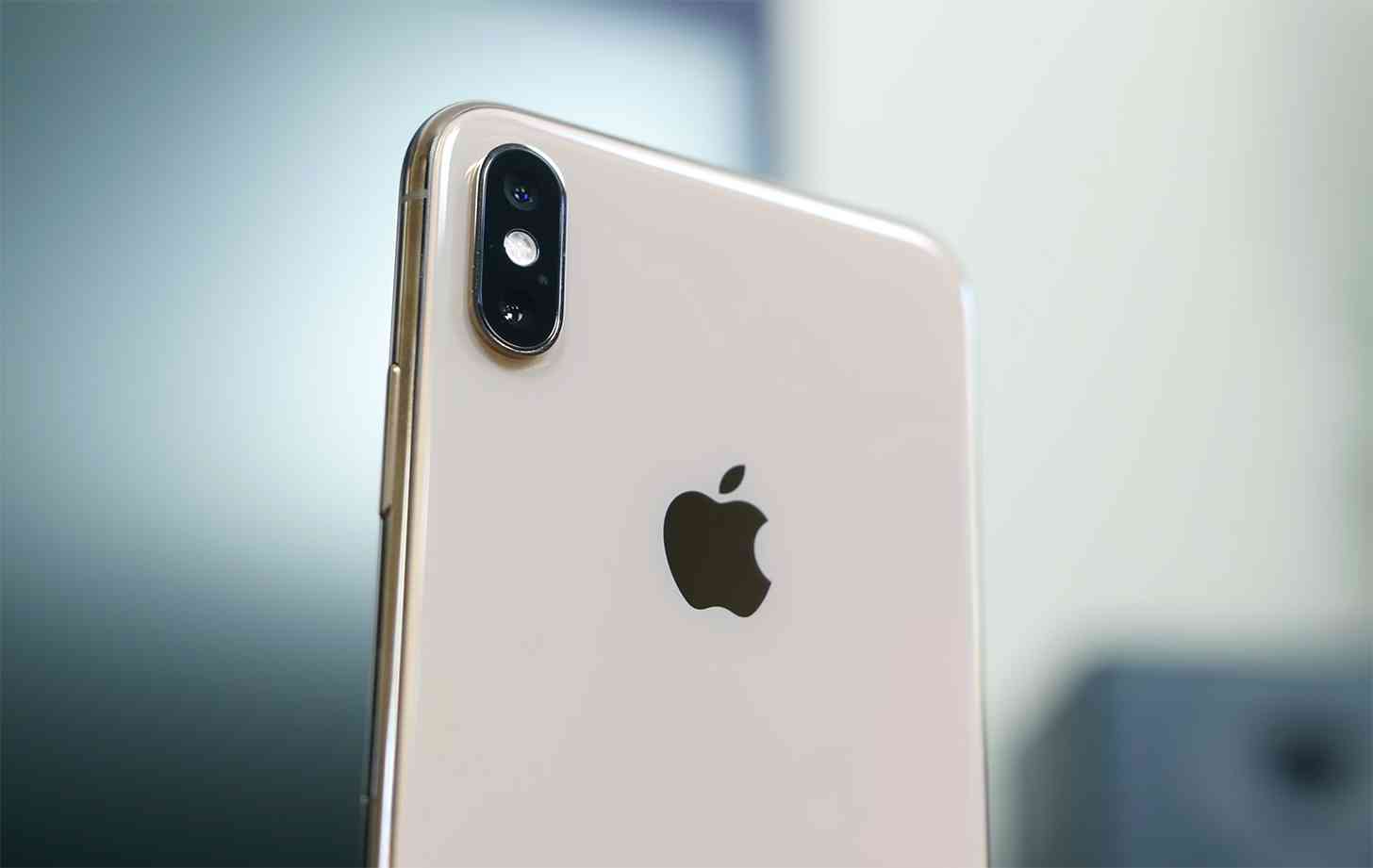
This week is starting with some major legal news regarding Apple and the App Store.
The U.S. Supreme Court today issued a 5-4 ruling against Apple, saying that iPhone owners could sue the company for alleged monopolization. In the case, four iPhone owners sued Apple, saying that it has a monopoly on the market of iPhone apps.
Apple argued that the iPhone owners couldn't sue because they were not direct purchasers from Apple, saying that they were not direct customers of Apple under the Illinois Brick doctrine. That doctrine states that indirect buyers of goods or services can't seek damages for antitrust violations from the original manufacturer. Apple argued that the developers are its customers, not the iPhone owners.
"In this case, however, several consumers contend that Apple charges too much for apps. The consumers argue, in particular, that Apple has monopolized the retail market for the sale of apps and has unlawfully used its monopolistic power to charge consumers higher-than competitive prices," wrote Justice Brett Kavanaugh. "Apple’s line-drawing does not make a lot of sense, other than as a way to gerrymander Apple out of this and similar lawsuits."
Apple has yet to comment on this ruling.
The four iPhone owners originally filed their lawsuit against Apple in 2011, arguing that the 30 percent commission that Apple gets from App Store sales is "pure profit" and that in a more competitive market, Apple would be pressured to lower that 30 percent cut and that they could "choose between Apple's high-priced App Store and less costly alternatives." The iPhone owners also claim that they have "paid more for their iPhone apps than they would have paid in a competitive market."